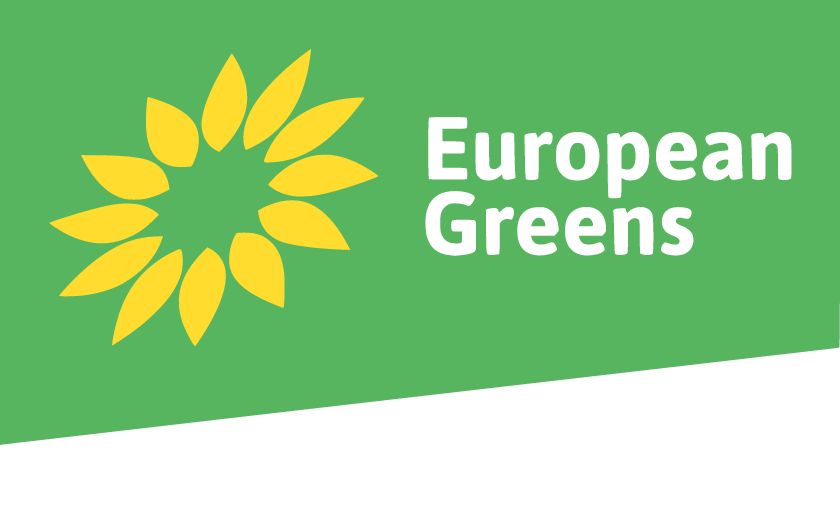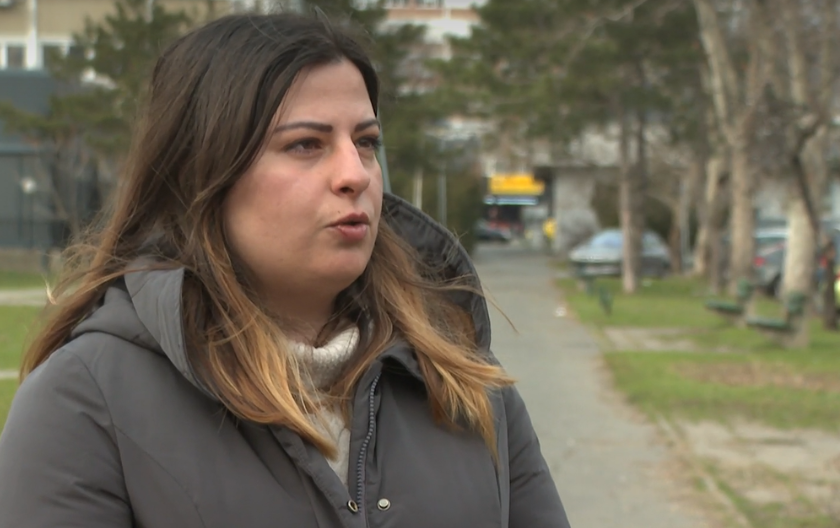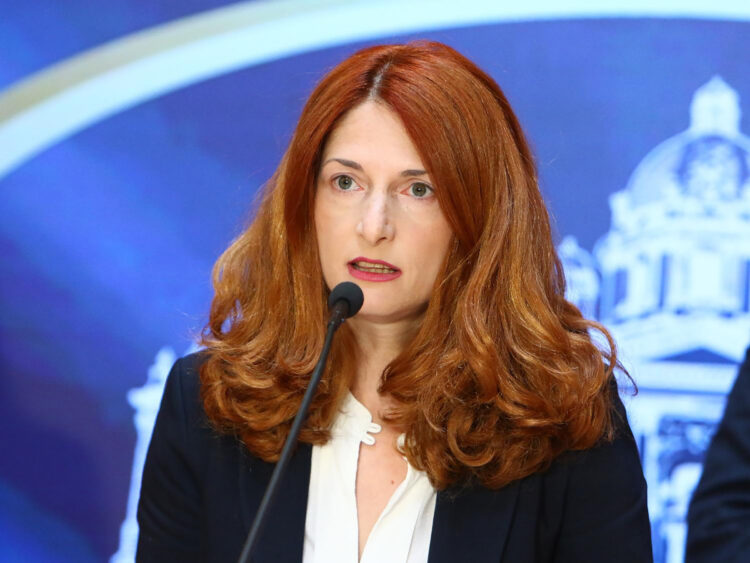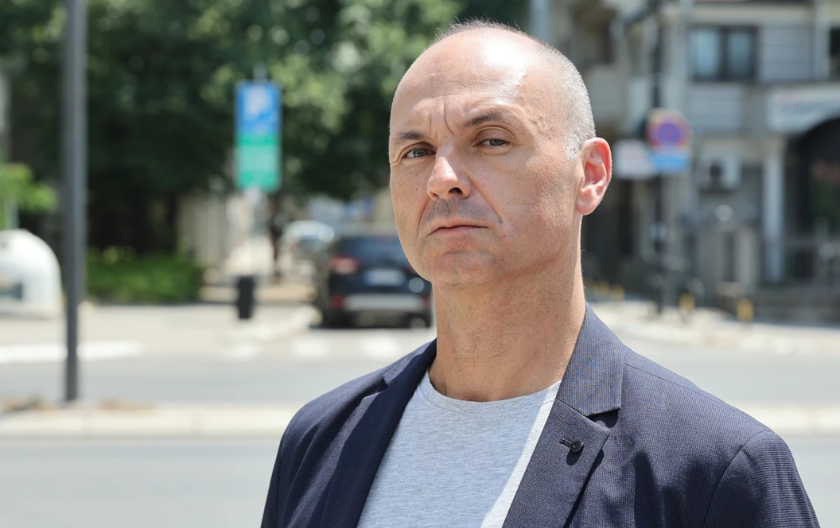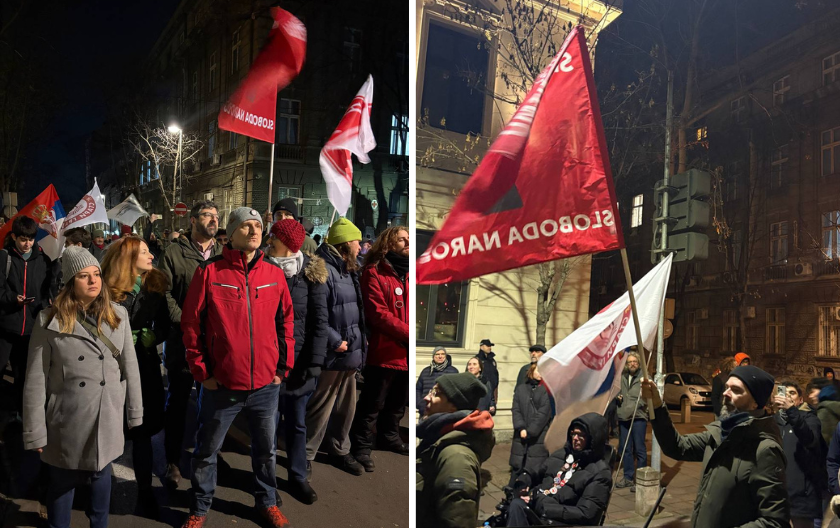Evropski Zeleni podržavaju Srbiju u borbi protiv Rio Tinta
Prevod saopštenja Evropskih zelenih:
Uoči debate o iskopavanju litijuma u Skupštini Srbije sledeće nedelje, evropski Zeleni su solidarni sa desetinama hiljada ljudi u Srbiji koji su ovog leta protestovali u pedeset gradova širom zemlje protiv odluke srpskih vlasti da dozvole multinacionalnoj kompaniji Rio Tinto rudarenje u dolini Jadar.
Dolina Jadra je gusto naseljeno ruralno područje u zapadnoj Srbiji, sa plodnim poljoprivrednim zemljištem i značajnim rezervama podzemne vode za piće koje su od velike vrednosti za region. Britansko-australijska rudarska multinacionalna kompanija Rio Tinto je 2017. godine potpisala Memorandum o razumevanju sa Vladom Srbije u vezi sa realizacijom projekta Jadar. Građani Srbije su 2021. godine postali svesni opasnosti projekta zahtevajući odbacivanje projekta, kao i povlačenje izmena zakona o eksproprijaciji i referendumu u strahu da bi usvajanje ovih zakona olakšalo realizaciju projekta.
Narod Srbije je masovno protestovao, blokirao autoputeve i uspešno zaustavio projekat 2022 godine. Ali, posle niza izbora 2022-2024, predsednik Srbije Aleksandar Vučić (SNS, član Evropske narodne partije) ponovo je uveo projekat u julu 2024. bez potrebnog poštovanja demokratskih standarda i učešća javnosti. Korist od aktuelnog projekta ekstrakcije litijuma u Srbiji pripašće kompaniji Rio Tinto, ostavljajući nemerljivu štetu životnoj sredini i lokalnom stanovništvu. Naredne nedelje Narodna skupština Srbije imaće vanrednu sednicu o rudarstvu litijuma, na zahtev opozicije.
Kopredsedavajući Evropske zelene partije Tomas Vajc izjavio je: „Nemojmo ponavljati greške iz prošlosti, kada je žurba za kritičnim materijalima za energiju dovela do zagađenja i poremećaja u društvu. Moraju se održati prave konsultacije i uspostaviti procedure kako bi se osigurala odgovornost pre nego što se bilo koja operacija uopšte razmatra. Važeći Memorandum o razumevanju između EU i Srbije pravno ne obezbeđuje nijedan od ovih standarda. Evropska unija prvo mora da uveri da u Srbiji postoji pravni okvir koji omogućava ljudima da pozovu na odgovornost Rio Tinto i vladu Srbije. Pogotovo nakon ovogodišnje nove direktive o dužnoj analizi koja zahteva od firmi, uključujući kompanije koje nisu članice EU, da spreče, okončaju ili ublaže svoj negativan uticaj na ljudska prava i životnu sredinu.
„Evropski Zeleni dosledno podstiču EU da ubrza svoju tranziciju na cirkularnu ekonomiju kako bi smanjila naše oslanjanje na nove sirovine, osiguravajući da njena potreba za resursima ne produbljuje postojeće globalne nejednakosti. Da bi se izbegao ekstraktivni pristup, EU mora da podrži zemlje bogate resursima, omogućavajući im da izvlače, prerađuju i recikliraju materijale u skladu sa istim uslovima kao u EU, i stavljaju prava zajednica, prirode i biodiverziteta u centar svih projekata. Takođe, najoštrije osuđujemo nasilje, pritvore i zastrašivanje aktivista koji se protive rudarenju litijuma.
—-
Ahead of a debate on lithium mining in the Serbian Parliament next week, European Greens stand in solidarity with the tens of thousands of people in Serbia who protested in fifty cities across the country this summer against the decision of the Serbian authorities to allow the multinational mining company Rio Tinto to mine for lithium in the Jadar valley.
The Jadar valley is a densely populated rural area in Western Serbia, with fertile agricultural land and significant reserves of underground drinkable water that are highly valuable for the region.
In 2017, the British-Australian mining multinational Rio Tinto signed a Memorandum of Understanding with the Government of Serbia in respect to the implementation of the Jadar Project. In 2021, the citizens of Serbia became aware of the dangers of the project demanding the rejection of the project as well as the withdrawal of amendments to the Expropriation and Referendum Laws fearing that adoption of these laws would ease the implementation of the project.
The people of Serbia protested in massive numbers, blocked highways, and successfully halted the project in 2022. But after a series of elections in 2022-2024, Serbian president Aleksandar Vučić (SNS, affiliated to the European People’s Party) reintroduced the project again in July 2024 without the needed respect for democratic standards and public involvement.
The benefits of the current lithium extraction project in Serbia will go to the British-Australian multinational company Rio Tinto, leaving immeasurable damage to the environment and the local population. Next week, the Serbian National Parliament will have an extraordinary session on lithium-mining, following a request of the opposition.
European Green Party co-chair Thomas Waitz said: “Let’s not repeat the errors of the past, when the rush for critical materials for energy led to pollution and disruption of societies. Genuine consultations must be held, and processes put in place to ensure accountability before any operations are even considered. The current Memorandum of Understanding between EU and Serbia does not legally ensure any of these standards. The European Union must first assure that there is a legal framework in Serbia that allows for people to hold Rio Tinto and the Serbian government to account. Especially since this year’s new Due Diligence Directive which requires firms, including non-EU companies, to prevent, end or mitigate their adverse impact on human rights and the environment. ”
The European Greens consistently urge the EU to accelerate its transition to a circular economy to reduce our reliance on new raw materials, ensuring that its need for resources does not deepen existing global inequalities. To avoid an extractive approach, the EU must support resource-rich countries, enabling them to extract, process, and recycle materials according to the same conditions as within the EU, and put the rights of communities, nature, and biodiversity at the centre of all projects. We also strongly condemn the violence, detentions and intimidation of activists who oppose lithium mining.
Objavljeno: 27.09.24.

